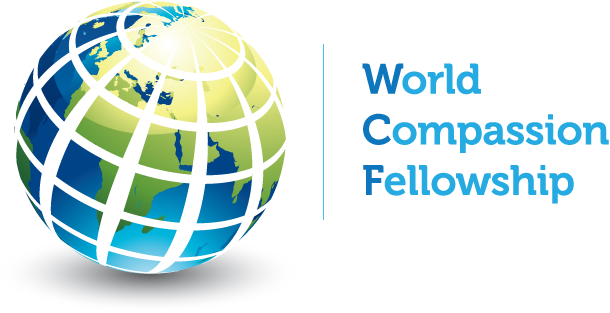Lebanon Beirut Life Center
What We Provide:
WCF sponsors the cost for medical staff, medication, lab/imaging, medical equipment, teacher staff, computers and student materials. WCF provided funding for purchase and renovation of the Life Center building. The Life Center serves displaced refugees from all around the region as well as impoverished locals.
Medical Services
Our Life Center is staffed with local professionals - Physicians, Nurses, and other support staff.
Primary Medical & Dental Care – such as infectious disease treatment and chronic illness management
Specialized Care such as Ob/Gyn, psychiatric, physical therapy, social services
Emergency Cases & Surgeries
Medication
Lab/Imaging
Health care seminars and promotion for the community
Job Skills Services
Our Life Center is staffed by local teachers.
English
Computer
Discipleship
Our Mission
The WCF Life Center is a holistic community center that provides Medical, Dental and Social Services, Job Skills Training, Character/Leadership Training and spiritual care to unreached and persecuted communities in partnership with local ministries that share the same heart and mission.
The Background
The recent protracted multilayered conflicts in Iraq, Syria, Yemen, Sudan and other countries in the Greater Middle East North Africa (MENA) region have all caused a surge of millions of refugees and Internally Displaced Persons (IDP) throughout the region to settle into displacement camps or dense, poor urban areas in surrounding countries such as Lebanon, Jordan, Iraq and Turkey. The humanitarian and medical needs of the refugees have overwhelmed the already poor healthcare systems in these countries. Education access is also very poor for displaced populations. In some places, only 6% of IDP and refugee children receive an education past secondary levels.
Lebanon has faced a series of major crises. Lebanon is the 3rd most indebted country in the world and its currency was drastically devalued and the banking system was nearly paralyzed. Military conflict with its neighbor to the south has been the latest crisis.
WCF History In The Region
World Compassion Fellowship has treated more than 32,000 patients in more than 19 countries in our Mobile Medical Clinics. The Clinics provide primary care, treatment for infectious diseases, treatment for acute and chronic conditions, and other needed medical services and health promotion events. WCF has also organized intensive Business and Job Skills Training classes in 19 countries for more than 4,500 students.
WCF has launched multiple Life Centers throughout the Middle East and we have treated tens of thousands of patients since 2018.

